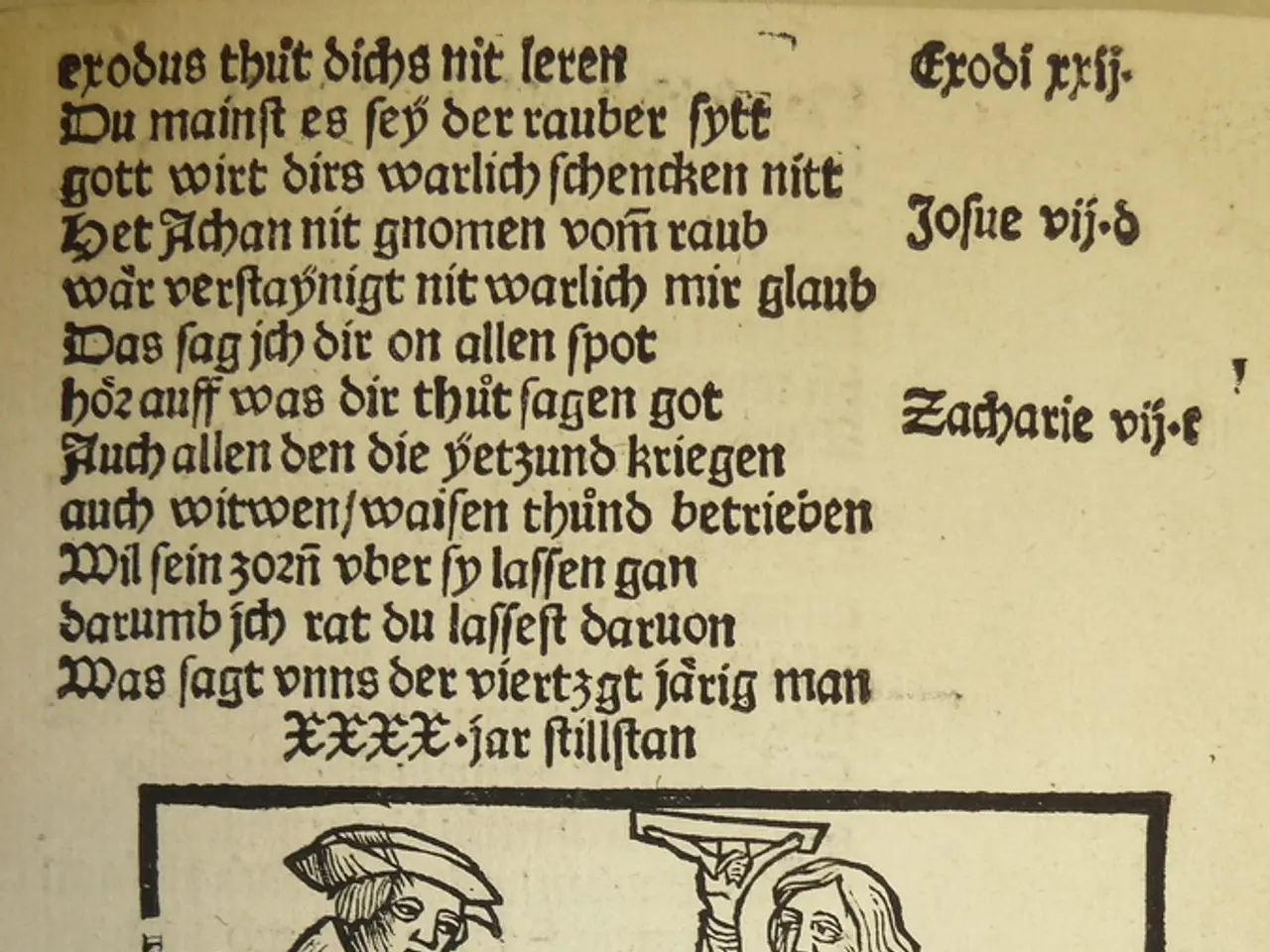Guide for Acquiring Polish Nationality through Ancestral Lineage
Polish nationality law is based on the principle of 'jus sanguinis', which means that citizenship is determined by bloodline. This principle has significant implications for those with Polish ancestry who may be eligible to claim Polish citizenship by descent.
Approximately 10 million US citizens identify as Polish Americans, making them potential candidates for Polish citizenship. However, it's important to note that any ancestor born before the year 1899 is ineligible to qualify for citizenship under Poland's citizenship laws of 1920.
For those who may still be eligible, the process of claiming Polish citizenship by descent is extensive. It involves providing detailed personal information, filling out forms in Polish, and providing birth dates of all Polish ancestors since the first emigration, as well as information on military service and other citizenships of those in the family tree.
One of the key challenges is the requirement for documents to be written or translated into the Polish language. This can make the process complex and time-consuming. Additionally, the residency program in Poland usually takes five years to obtain permanent residency.
Another crucial aspect is the need to demonstrate that the Polish citizenship link has never been broken down through the generations of your family. This can involve extensive research and paperwork. Responses to applications can take a year or more, and potentially require more proof.
It's also worth noting that having ethnic Polish ancestors does not necessarily qualify you for Polish citizenship. Claiming Polish citizenship by descent can take several years, and requires confirming eligibility, collecting documents, dealing with bureaucracy, and using lawyers and agents on the ground who are well-versed in Polish citizenship law.
However, the benefits of Polish citizenship are substantial. A Polish passport provides visa-free access to Schengen countries, the United Kingdom, the United States, Canada, Australia, and others. Poland offers citizenship by descent (CBD) to those who qualify and meet the eligibility criteria.
There is a possibility of qualifying for Lithuanian citizenship through family ties, providing another avenue for those with Eastern European ancestry. For those who are married, it's possible to get Polish citizenship by marriage.
It's important to note that Poland does not forbid its citizens from holding dual citizenship, but it does not recognize dual citizenship either. Polish passport holders who have another nationality have the same rights and obligations to the nation as those who only have Polish citizenship.
For those who are considering claiming Polish citizenship by descent, it may be helpful to seek the guidance of services like Nomad Capitalist, which offer assistance in navigating the complex process.
The overall Polish diaspora is estimated to number 20 million people, over half the size of the country's population. For those with Polish ancestry, the opportunity to reconnect with their roots and gain the benefits of Polish citizenship is a significant one.
Finally, it's worth mentioning that Polish citizens who emigrated to Israel between 1958 and 1984 and became Israeli citizens automatically lost Polish citizenship. They and their descendants may be eligible to acquire Polish citizenship by declaration.
In conclusion, claiming Polish citizenship by descent is a complex and lengthy process, but for those with eligible ancestors, the benefits can be substantial. With the right guidance and resources, it's a journey that many with Polish ancestry are choosing to embark on.
Read also:
- Understanding Hemorrhagic Gastroenteritis: Key Facts
- Stopping Osteoporosis Treatment: Timeline Considerations
- Trump's Policies: Tariffs, AI, Surveillance, and Possible Martial Law
- Expanded Community Health Involvement by CK Birla Hospitals, Jaipur, Maintained Through Consistent Outreach Programs Across Rajasthan







